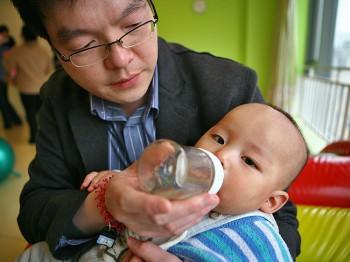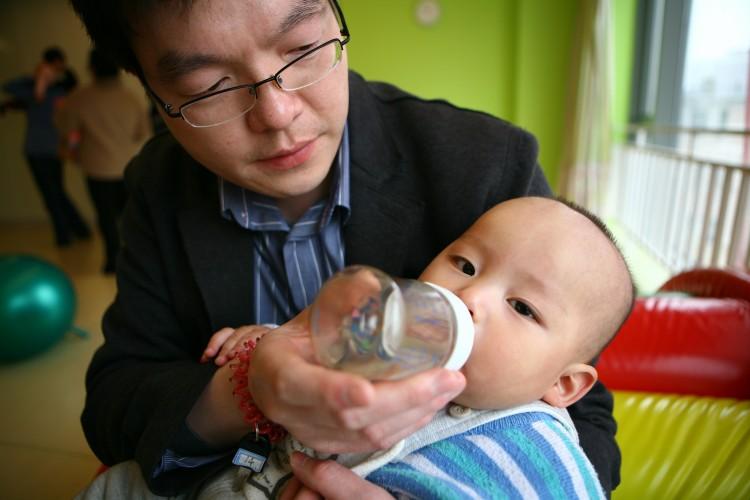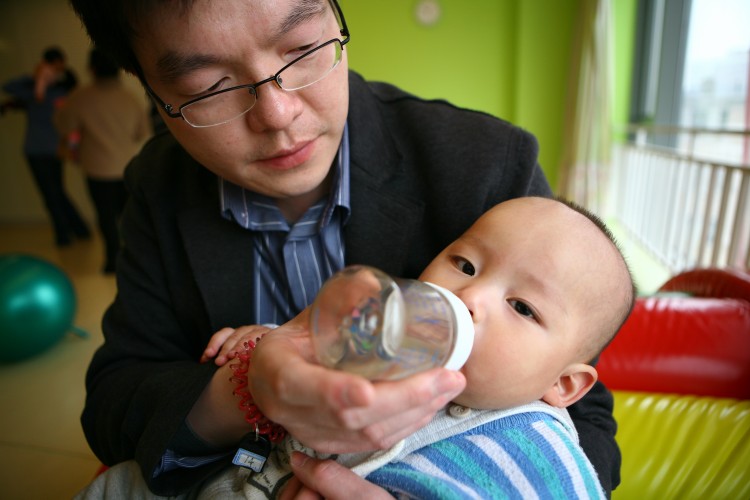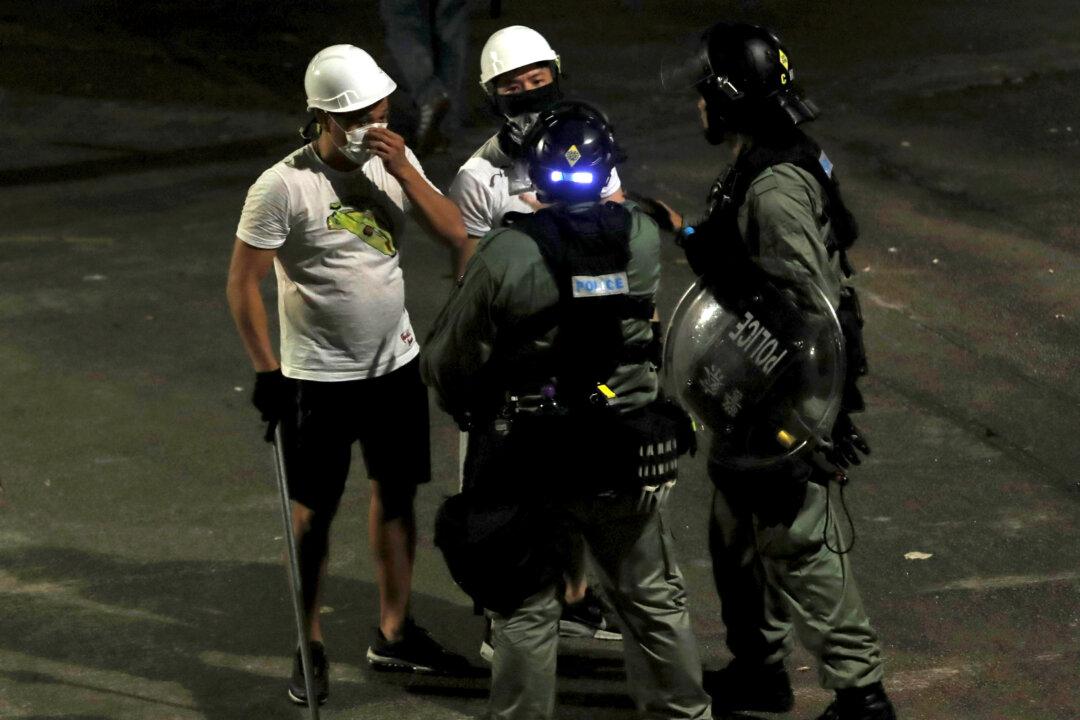Chinese Moms Shop Overseas for Baby Products
Worried about product safety, many Chinese parents buy foreign baby food and baby-care items online.

Chinese parents have developed the habit of looking overseas for baby food, after a poison-milk powder scandal in 2008 and a constant drumbeat of bad food news in China. AFP/Getty Images
|Updated:





